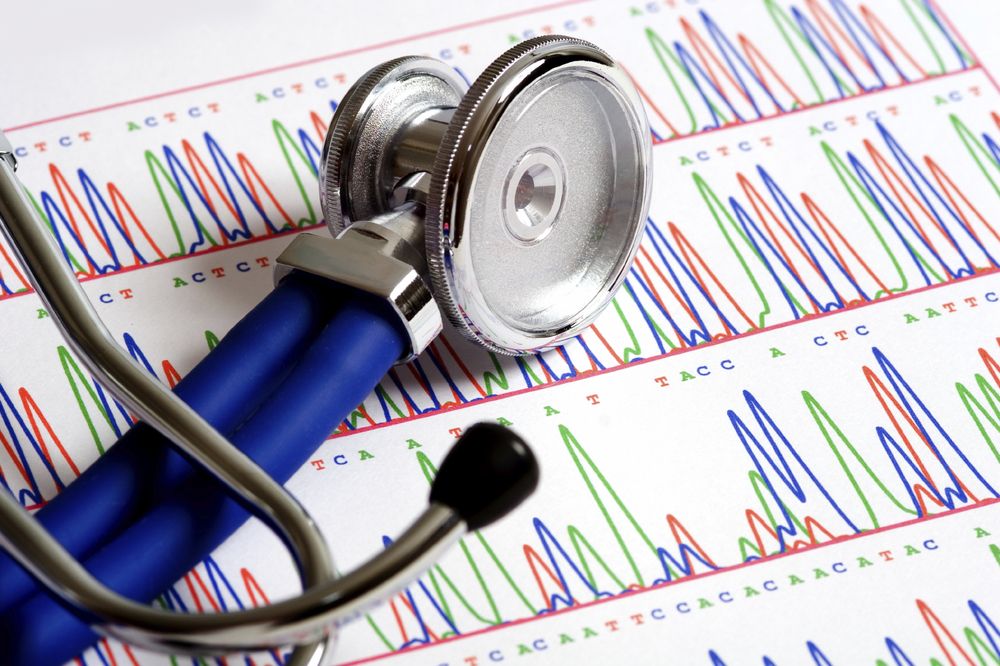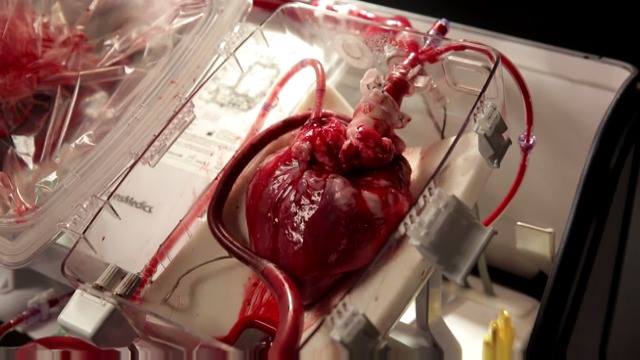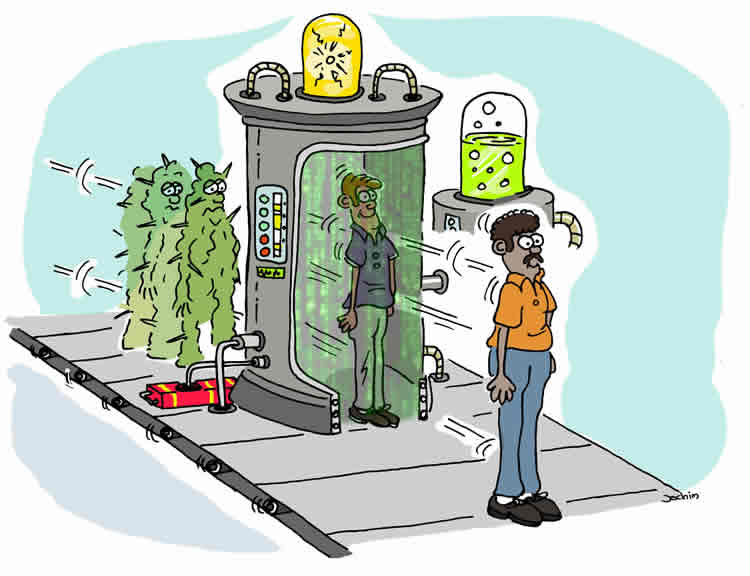Sep 14, 2015
Aging Causes Muscle Weakness And Atrophy, But Can We Treat It?
Posted by Roy in categories: health, life extension
Everything starts to go downhill as we get older and muscle is no exception; even simple tasks become challenging as we lose bone and muscle. Now research has identified a protein behind this age-related decline and therapeutic molecules that can fight it, helping individuals stay healthy and strong for longer.
A team at the Univesity of Iowa has discovered that a protein called ATF4 might be behind muscular decline. ATF 4 is a transcription factor, which means it tells the body to activate or regulate certain genes. ATF4 seems to change skeletal muscle with age, reducing protein synthesis and overall mass.
”Many of us know from our own experiences that muscle weakness and atrophy are big problems as we become older”
Continue reading “Aging Causes Muscle Weakness And Atrophy, But Can We Treat It?” »


















